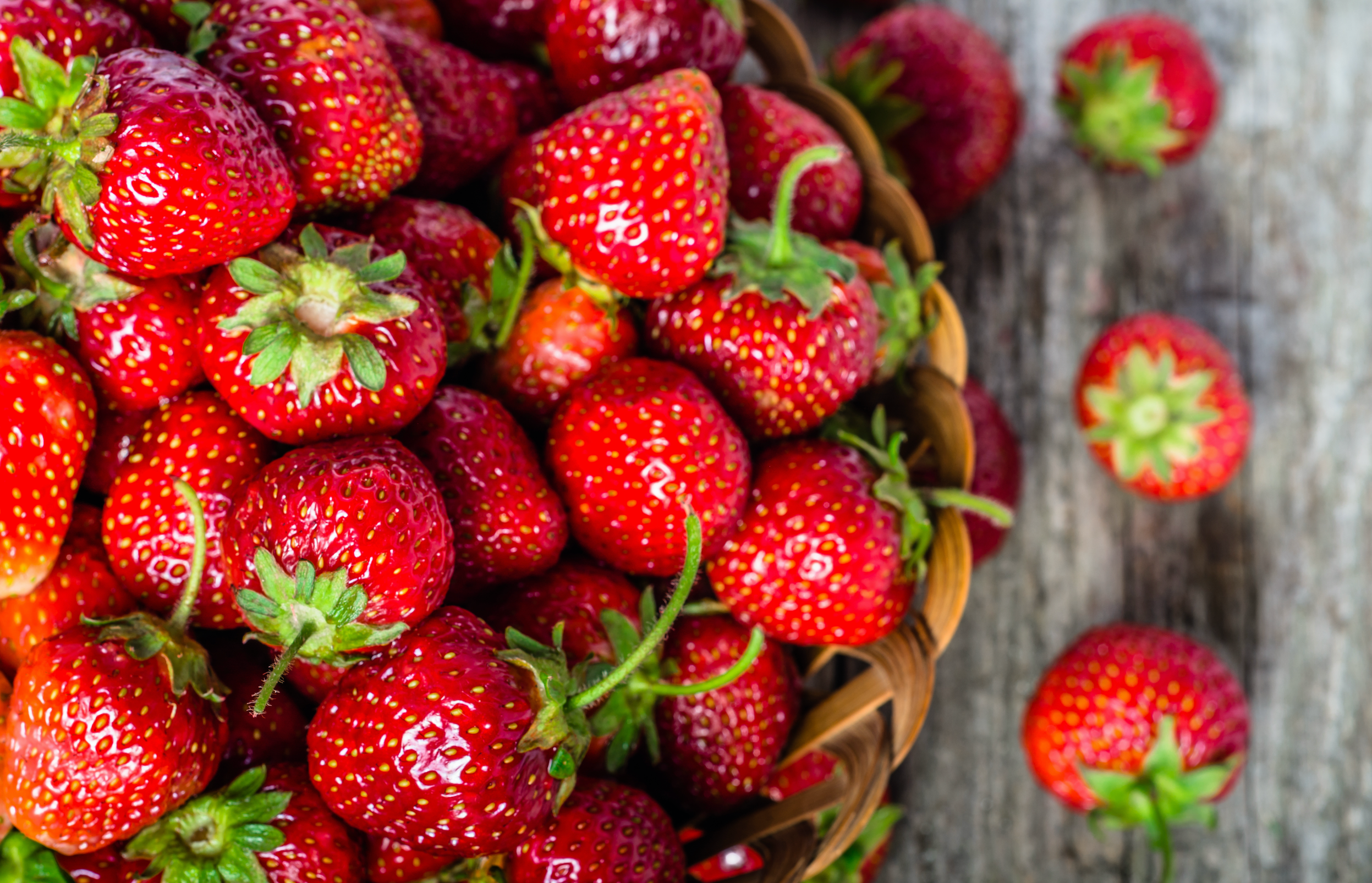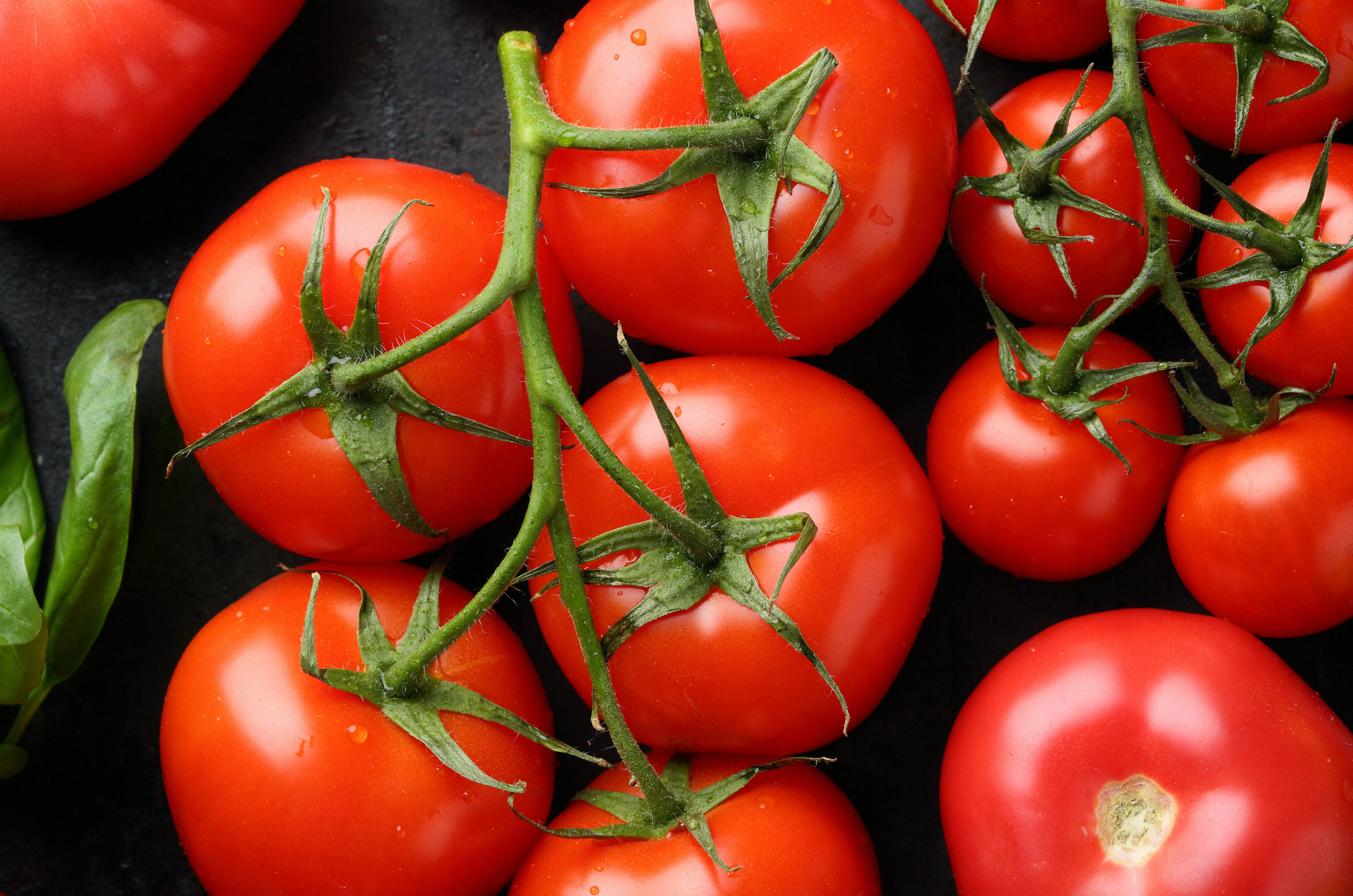It's the summer of wellness and we're all ready to refresh our daily routines. Our new Lively series will highlight all things hydration to help you live a fuller, more vibrant life with every sip.

There are so many benefits to staying hydrated, as we've all thought to ourselves while struggling to get through the fifth glass of the day.
Drinking an adequate amount of water detoxifies your body (the kidneys need water to function) regulates your temperature and appetite, keeps your joints lubricated, keeps your heart functioning properly, and aids in healthy digestion.** It can also help your skin look clear and glowy.** If you’re not drinking enough water, you'll likely have a headache and experience poorer sleep, mood and mental cognition.
So, there's a lot of good reasons to drink water, but the expert-recommended eight 8 oz. glasses a day can feel like a ton of liquid… and a ton of trips to the bathroom. It turns out that instead of chugging from a water bottle all day long (or burning through seltzers) you can actually eat your water instead. Well, kind of.
"Filing yourself up with water-rich, hydrating foods keeps your body nourished and you’ll see that you will feel full longer," Anita Mirchandani, RD, tells Lively. But is "eating" water the same as drinking it?
"The water in food is trapped in the structure of the foods, so we need to break it down before our bodies can use the water," Ilyse Schapiro, RD, tells Lively. "This means that water is absorbed more slowly and the water stays in our bodies for a longer time."
This means you can meet your hydration goals without taking bathroom breaks every half hour (a godsend on long car trips) but if you’re parched after a long run, for example, it's still better to drink a glass of water as it will be able to be used by your body more quickly.
With hot summer days lingering, you'll likely be sweating a lot more, especially if you like to exercise outside
"Sweat is one of the main routes of water loss in our bodies," Schapiro says. So with sticky days ahead, staying hydrated is crucial and these 8 foods will fill you up while quenching your thirst.
8 Hydrating Foods To Add To Your Diet

1. Watermelon
As the name suggests, watermelon has a ton ofH20 in it, and it’s also low in calories while being high in nutrients. "It has significant amounts of vitamin C and A," Schapiro tells Lively. She adds that it's also high in lycopene, an antioxidant that could help promote skin health,** "which makes it a perfect food to consume after a day in the sun!" she says.
2. Cucumber
Cucumber is low in calories and water-rich, in fact, it's 95 percent water. It's also a versatile fruit that pairs well with both sweet and savory options, and it has potassium (which can actually help prevent water-retention) and magnesium, says Mirchandani.

3. Strawberries
Strawberries are at their peak in the summer months. In addition to being over 90 percent water, they're high in fiber, vitamin C, and antioxidants, plus they’re just as easy to toss into a salad as they are a smoothie.
4. Broths
You may not think of broths as a summer food, but bone broth helps boost the immune system,** Mirchadani says, and it can be added to soup and stew, or even gazpacho, to boost their hydration content. Plus, it's rich in collagen. (We suggestVital Proteins® Bone Broth Collagen)
5. Celery
"Celery is an excellent source of vitamin K, which helps coagulate blood and absorb calcium in our bones," Schapiro says. It's an easy, mess-free snack to eat on the go, plus it can be eaten raw or cooked.

6. Tomatoes
It's hard to resist a perfect summer tomato, and they happen to be 94 percent water. If you whip up a quick salad using lettuce, tomato, and radish, you’re basically eating a bowl of delicious water.
7. Bell Peppers
Because bell peppers feel solid and aren't particularly juicy when you bite in, it's easy to forget that they pack a ton of water. "They have one of the highest vitamin C contents of all vegetables,” Schapiro says. "One cup provides more than 300 percent of your recommended daily intake."
8. Yogurt
Fruits and veggies aren't the only way to eat your water and sometimes you want something a bit more filling. Plain yogurt has a water content of 88 percent, and it's a great source of vegetarian protein, plus calcium and phosphorus which are important for bone health.**













